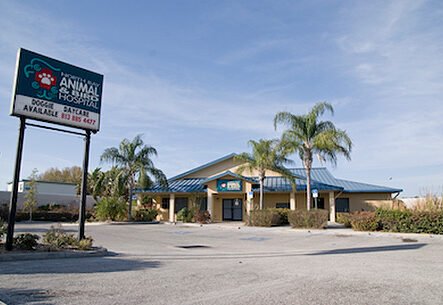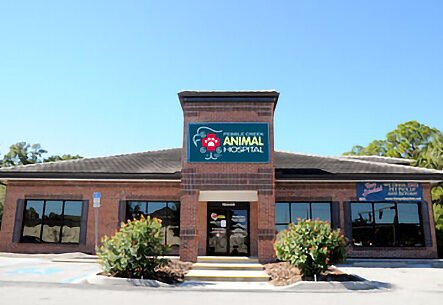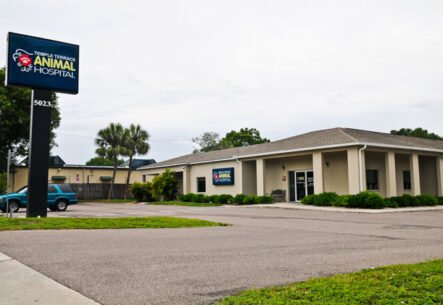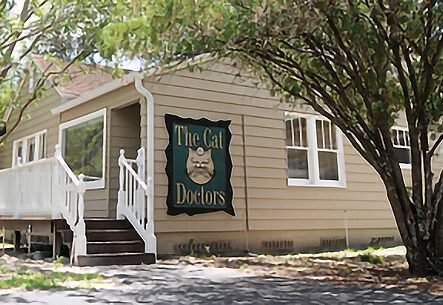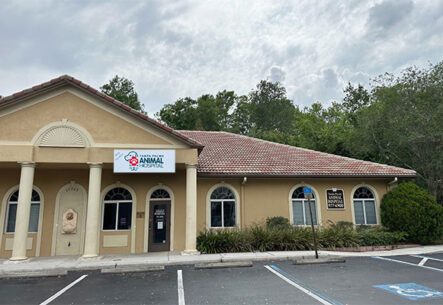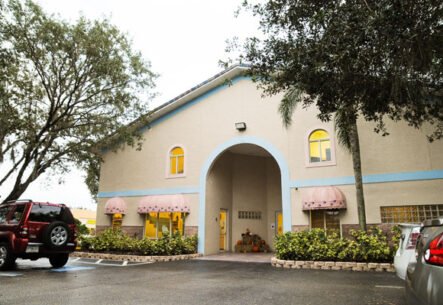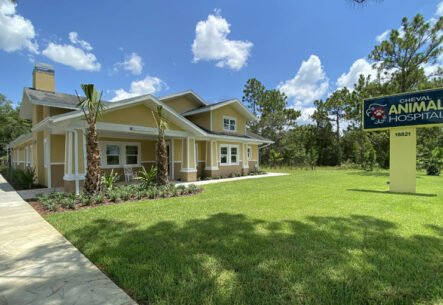Cockatoos
What to expect from your Cockatoo
Cockatoos are appreciated as companion birds because they enjoy “cuddling.” Cockatoos are like small children — they can be charming and may try to “steal the show.” Care must be taken to avoid spoiling these birds. They require so much attention that they can be extremely noisy and destructive if improperly socialized. Because of the potential noise level, cockatoos are best suited to single family dwellings without close neighbors. Imprinted cockatoos may become excessively possessive of their owners, leading to aggression toward others, unpredictability and other vices, such as feather picking. Cockatoos have some capacity to mimic but their voice is not as clear as other parrots. Of all the companion bird species, they are the most reluctant to change their eating habits to a healthy diet. Most cockatoo species produce abundant powderdown, which is shed as feather dust in the cage, on furniture and clothing and found circulating in the air. The feather dust may cause respiratory problems in susceptible individuals or other birds. A high quality air purifier is recommended for the home.
Vital statistics
- Body length: 12-28 inches (30-71 cm)
- Body weight: 300-1100 grams
- Age of sexual maturity: Small: 1-2 years, Medium: 3-4 years, Large: 5-6 years
- Maximum life span: 80 years
Is your cockatoo a male or a female?
In most cockatoo species, the gender can be determined by the color of the iris: those of adult males are black and adult females are reddish brown. However, this does not hold completely true in all individuals; therefore, endoscopy or laboratory methods may be desired to confirm the gender in breeding facilities. Males are known to occasionally brutalize or kill their mates, even in pairs that have been previously compatible.
What do Cockatoos do all day?
Most cockatoos are playful and can be amused with simple toys. Because they love to chew, any toys must be free of toxic metals, hooks, sharp objects or small, easily consumed components. Providing chew toys or fresh-cut branches from nontoxic, pesticide-free trees may prevent some cockatoos from destroying their perches as quickly. Check with your veterinarian for recommendations on locally available safe trees.
Are Cockatoos tame?
Young, hand-raised cockatoos adapt readily to new surroundings and handling procedures. They should be exposed early in life to novel situations (car travel, hospital visits, multiple visitors in the household, other household pets) so that they are well adjusted to these events. Discipline, leadership, patience, a sense of ritual and the offering of rewards may be necessary to modify behavior problems relating to screaming for attention to demand the presence of a family member.
How to identify your bird
One method used to permanently identify your cockatoo in case of loss or escape is for your avian veterinarian to inject a custom microchip under the skin. Although individually numbered leg bands or rings may be applied, this method is unreliable and may result in potential damage to the bird.
Why the wings should be clipped
Cockatoos that are allowed unrestricted freedom in the home can encounter numerous physical dangers or toxins as well as cause significant damage from chewing; therefore, wing clipping is recommended. Some additional behavioral benefits result from clipping the wings, as the human is perceived as dominant in the relationship. The goal of clipping the wings is not to make the bird incapable of flight, but to prevent it from developing rapid and sustained flight and to prevent escape. Additional trimming may be required 8-12 weeks after the start of a molt cycle.
How to keep your cockatoo healthy, happy and safe!
- Give lots of attention.
- Feed a fresh, high quality, toxin-free formulated diet with daily supplementation of chopped vegetables and fruit according to manufacturer’s recommendations.
- Avoid feeding nuts, seeds, sweet items (corn, apples, oranges) and salty foods, as these may contribute to feather picking, screaming and aggression.
- Grit is not necessary with modern captive bird diets.
- Provide clean, fresh uncontaminated water.
- Replace food and water containers twice daily to maximize activity in a healthy bird.
- Offer toys, social interaction, and foraging and problem solving opportunities.
- Provide an occasional opportunity for bath, shower or misting (at least weekly).
- Avoid spraying house with insecticides.
Housing for your cockatoo should:
- be as large as possible.
- be clean, secure and safe and easy to service.
- be particularly secure because cockatoos can be escape artists
- be constructed of durable, nontoxic material (avoid zinc).
- contain variable-sized perches made of clean, nontoxic, pesticide-free tree branches.
- have food and water containers placed at opposite ends of the enclosure.
- avoid having perches located directly over food containers.
- offer occasional opportunity for protected outdoor exposure to fresh air, sunlight (not through glass) and exercise.
Cockatoos are very curious and will investigate anything new in their environment. That is why it is important to prevent their access to:
- ceiling fans
- hot cooking oil
- overheated nonstick-coated cookware
- leg chains
- sandpaper-covered perches
- tobacco and cigarette smoke
- chocolate, avocado, salt, alcohol
- toxic houseplants
- pesticides
- toxic fumes
- easily dismantled toys
- dogs, cats and young children
- cedar, redwood and pressure-treated wood shavings
- sources of lead or zinc
- plug-in air fresheners
- heavily-scented candles
What your veterinarian looks for in a healthy Cockatoo:
- Dry, open nares
- Clear, bright eyes (no discharge)
- Smooth beak
- Alert, erect posture
- Body free of lumps and bumps
- Smooth, bright feathers without color breaks, transparency or ragged edges
- Even, reptilian pattern on the feet, and nails of appropriate length
Most common disorders of Cockatoos:
- Behavioral – screaming, biting
- Feather picking, self mutilation
- Cloacal prolapse
- Pododermatitis
- Obesity
- Lipomas
- Metabolic bone disease (chicks)
- Fatty liver syndrome (chicks)
- Upper respiratory disease
- Anti-social behavior, esp. mate aggression
- Oral abscesses
- Fungal infections
- Idiopathic liver cirrhosis
- Psittacine beak and feather disease virus
Many common disease conditions in cockatoos are the result of malnutrition. Visiting your avian veterinarian for routine health checks will help prevent many diseases and support you in having a long, satisfying relationship with your cockatoo.
Background information
Cockatoos are native to Australia, New Zealand and South Pacific islands. Most free-ranging species are considered threatened or endangered, and efforts to protect these birds have resulted in a ban on importation for pet purposes in the United States. High quality companion birds are available from breeders. The “white” species (eg, umbrella, sulphur-crested, citron) are in high demand because they are such good quality companion birds. The personalities of cockatoos range from the “reserved” demeanor of the Moluccan to the comical and playful corella. All are affectionate and highly intelligent birds that can easily be house-trained. They love attention and can be taught to perform tricks.
Courtesy of Zoological Education Network
Tampa, FL 33615 (View map)
Tampa, FL 33647 (View map)
Tampa, FL 33617 (View map)
Tampa, FL 33647 (View map)
